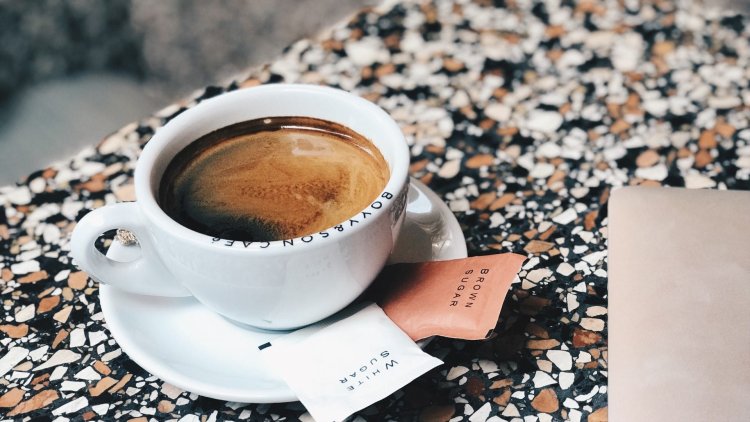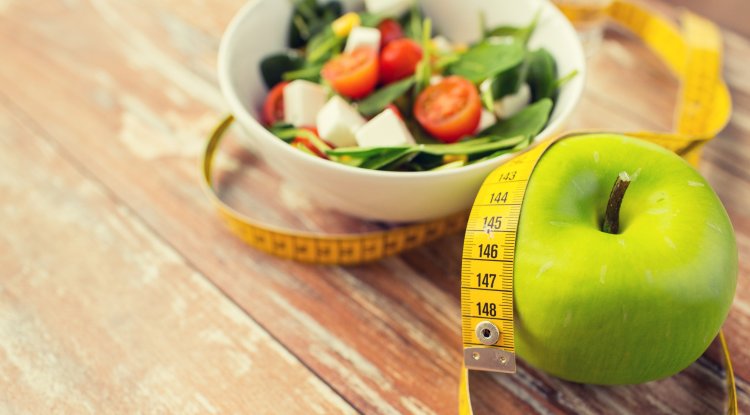Do you like black coffee and bitter chocolate?
Do you prefer black coffee? Then you probably also like dark, bitter chocolate, according to a new study that identifies the genetic basis for these preferences.

Do you prefer black coffee? Then you probably also like dark, bitter chocolate, according to a new study that identifies the genetic basis for these preferences.
This genetic feature can push you toward good health, according to scientist Marilyn Cornelis, a professor of preventive medicine at Feinberg Medical School at Northwestern University, quoted by CNN.
"I tell people that my interest is coffee research," Cornelis said. "It's a hot topic."
Why hot? Because studies have shown that moderate amounts of black coffee - between 3 and 5 cups per day - reduce the risk of certain diseases, including Parkinson's disease, heart disease, type 2 diabetes, and several cancers.
But these benefits are likely to be more pronounced if the coffee does not contain milk, sugar, and other aromas that we add that gain weight.
"We know that there is increasing evidence to suggest a beneficial impact of coffee consumption on health. But reading between the lines, anyone who advises someone to consume coffee should usually advise them to consume black coffee because of the difference between black coffee consumption and coffee with milk and sugar," Cornelis said.
"One is natural, calorie-free. The second can add hundreds of calories, and the impact on health could be quite different," she added.
"People with a certain gene metabolize caffeine faster"
In previous studies, Cornelis and her team have found that genes can influence why some people enjoy numerous cups of coffee a day, while others don't.
"People with a certain gene metabolize caffeine faster, so the stimulating effects disappear faster and they have to drink more coffee," she said.
"This might explain why some don't seem to mind a lot of coffee compared to someone who might get shivering or become very anxious after a little coffee," she added.
In a new study, published in nature scientific reports, Cornelis analyzed coffee drink types in more detail, separating black coffee lovers from lovers of cream and sugar (and other supplements).
"We found that coffee drinkers who have a gene variant associated with faster caffeine metabolism prefer bitter, black coffee," Cornelis said. "We also found the same gene variant in people who prefer pure tea to sweetened and bitter dark chocolate rather than softer milk chocolate."
There's a catch
But there is one catch.
Cornelis and her team don't think the preference has anything to do with the taste of regular black coffee or tea.
Instead, she said, people with this gene prefer black coffee and tea because they associate bitter taste with an increase in mental alertness due to caffeine.
"Our interpretation is that these people equate the natural bitterness of caffeine with the psychostimulation effect," Cornelis said. "They learn to associate bitterness with caffeine and the effect they feel. That's what's been learned."
The same goes for the preference of dark over milk chocolate, she added.
"When they think of caffeine, they think of a bitter taste, so they also enjoy dark chocolate," Cornelis said. "It is possible that these people are only very susceptible to the effect of caffeine, and also have this learned behavior associated with other bitter foods."
Dark chocolate contains some caffeine, but much more of a compound called theobromine, a known nervous system stimulant associated with caffeine. But it is no longer better when it comes to theobromine, studies show - higher doses can increase heart rate and spoil the mood.
Dark chocolate is also full of calories, so the consumption limit is advised.
Nevertheless, studies show that even a small bite of dark chocolate a day can contribute to heart health and reduce the risk of diabetes.
This is probably because cocoa contains many flavanols - epicatechins and catechins - antioxidant compounds known to improve blood flow. Other foods containing flavanoles include green, oolong and black tea, red wine, kale, onions, berries, citrus fruits and soybeans.




























